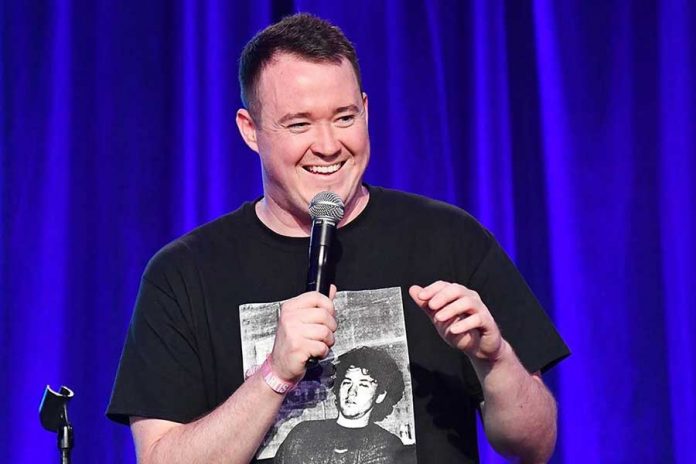In 2019, the phrase “cancel culture” is probably a distant second to “fake news” as one of the most thrown about sayings in the popular lexicon. It is a reaction to people in the entertainment business losing high-profile gigs because of something offensive that they said recently or in the past. It’s a relatively new term, but as a social mechanism, it’s nothing new. Roseanne got axed from her eponymous sitcom after some racist statements. Louis C.K. had all of his TV projects canceled and went into a self-imposed exile after sexual misconduct allegations and admissions. Going further back, people like Michael Richards and Martin Lawrence caught considerable professional heat for things they said. More than 30 years after the fact, a comedian like Eddie Murphy still has to answer for jokes he made about the gay community in the early 1980s.
But the idea of cancel culture really heated up this year, so much that superstar comedians like Dave Chappelle and Bill Burr dedicated time in their new comedy specials to address (i.e. complain about) the subject. The fact that top-tier comedians, who traditionally have spoken the truth to power, are slowly turning into mouthpieces of privilege that are content to punch down against “woke culture” is disturbing enough. But that is a conversation for later.
A few events this year added fuel to the fire. Kevin Hart was announced as the host to the Oscars. When it came to light that he had made use of homophobic slurs in tweets in the past, the organizers of the Oscars asked him to apologize. He said something to the effect that he had evolved and felt no need to apologize and then later quit as the host. Later this year, local comedian Shane Gillis landed a gig as a writer and performer on “Saturday Night Live.” Soon after the announcement that he was joining the cast, it came to light that Gillis had made racist and homophobic remarks on podcasts that he had unsuccessfully tried to scrub from the internet. There was an insincere apology from Gillis and some hand-wringing from “SNL,” and then Gillis was fired.
Supporters and friends of these comics (mostly straight cis men) were quick to howl “cancel culture” and say things like, “You just can’t talk about anything anymore.” As if to say freedom of speech is dead, and one bad joke can ruin your career.
All the fear-mongering about cancel culture and the implied loss of freedom of speech feels like hyperbolic excuses.
Comedians are smart enough to know what and where the comedic landmines are and how not to step on them. Some decide to be edgy and make crass and often unfunny jokes at the expense of social and ethnic minorities, and a lot of them will never face the consequences because they attract an audience of a like mind. But occasionally, some of these individuals attract attention from the mainstream and think they can cash in. While both Gillis and Hart, along with “SNL” and the Oscars blew up, what followed was a lot of sympathy for Hart and Gillis for missing out on high-profile opportunities.
In the case of Gillis, anybody who goes on record as having the opinion that women and gay comics aren’t as funny as male comics doesn’t need to be in a creative space where women and gay comics, writers and performers are forced to work with him.
But, getting fired from “SNL” was a boon for Gillis. Shortly after being fired, Gillis was booked to headline top-tier comedy clubs in major cities across the country, one of them in Philly.
In 2019, getting canceled is only a temporary inconvenience that is often followed by the offending party getting equal and sometimes more success on the back end of that controversy. Comedy clubs and theaters around the world happily welcomed Louis C.K. onto their stages after he laid low for a year. Roseanne played the wounded entertainer in exile for a minute before hitting the road on tour with Andrew Dice Clay. Kevin Hart continues to be an A-list movie actor and plays to sold-out arenas all over the world.
Let’s view the idea cancel culture for what it really is: a way popular performers and their fans shame marginalized people for pushing back against weak, uninformed and unfunny jokes at their expense. The women that accused Louis C.K. of sexual assault had their careers derailed for speaking out against him. Their jobs were truly canceled. But for people in a position of power and influence, getting canceled means almost nothing. So, maybe celebrities should critique those who are angered by people of color and the LGBTQ community merely standing up for themselves and asking for more from media networks.

